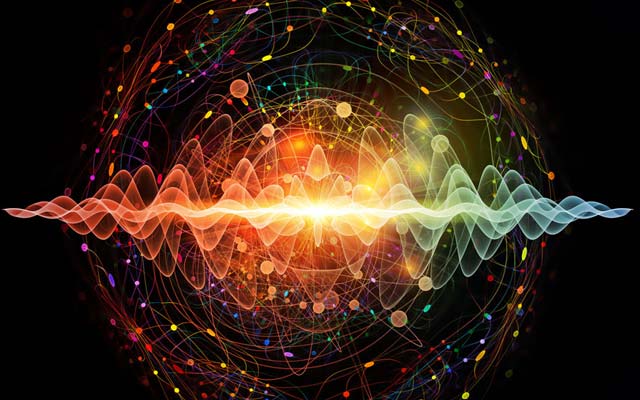34I0156
This course offers an introduction to the philosophy of physics, which deals with methodological, epistemological, and metaphysical issues in physics. It consists of seven modules offering a rich menu in philosophically deep questions arising in modern physics, concentrating on space and time in classical physics and in special and general relativity (and beyond), and quantum mechanics, the measurement problem and quantum non-locality.
The seven modules are as follows:
- Organization and introduction: what is philosophy of physics, what are physical theories, and what is determinism?
- Substantivalism vs relationalism: Newton, Leibniz, Kant, and time in Newtonian physics in general
- Time in special relativity: relativity of simultaneity, Minkowski spacetime, and implications for the metaphysics of time
- Time in general relativity, cosmology, and beyond
- Moving backward and forward in time: time travel in modern physics
- Quantum mechanics: phenomena and theory
- Quantum mechanics: the measurement problem and quantum non-locality
Accessibility and Prerequisites. This course will be self-contained and has no prerequisites. While some background in physics, mathematics, and philosophy will be helpful, I will not assume any specific knowledge beyond high school mathematics.
